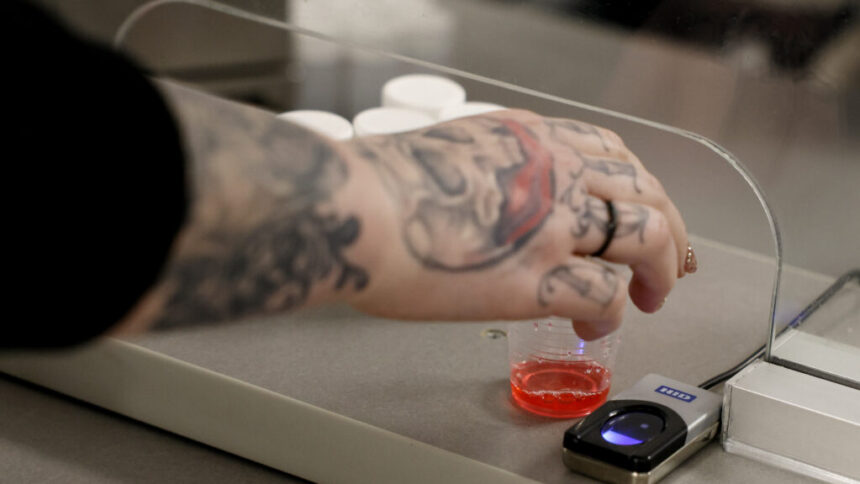A coalition of advocacy groups, including the American Society of Addiction Medicine and the R Street Institute, has made an unconventional request to the Trump administration: utilize the U.S. DOGE Service to expand access to methadone, a medication used to treat opioid addiction. The groups argue that the Department of Government Efficiency’s push for deregulation should encourage federal agencies to relax the stringent rules surrounding methadone, which has been dubbed “liquid handcuffs” by patients.
Methadone has been a staple in opioid addiction treatment for over 50 years, but its availability is limited to specialized clinics. Patients often face strict requirements such as daily attendance for a single dose, counseling sessions, and frequent drug tests. This has led to methadone being underused and stigmatized, despite its potential to reduce opioid overdose deaths.
In a letter addressed to key officials, including Attorney General Pam Bondi and DEA Acting Administrator Derek Maltz, the advocacy groups argue that current regulations create unnecessary barriers for patients and practitioners in addiction medicine. They point out that recent changes in regulations have given clinics more flexibility in offering methadone treatment, but individual states and providers can still enforce stricter rules.
The debate over methadone access has been ongoing, with some lawmakers proposing legislation to allow doctors to prescribe methadone directly to patients. However, these efforts have faced challenges in Congress. The Trump administration has shown support for medication-assisted treatments like methadone and buprenorphine, but meaningful policy reforms have yet to materialize.
The advocacy groups’ letter appeals to the administration’s anti-bureaucracy stance, urging them to consider deregulating methadone as a way to reduce demand for illicit opioids and combat drug trafficking. They argue that empowering qualified practitioners with the tools to fight drug cartels is essential in addressing the opioid crisis.
While the future of methadone access remains uncertain, the advocacy groups continue to push for reforms that would make this crucial medication more widely available to those in need. The Trump administration’s response to this request could have significant implications for the treatment of opioid addiction in the United States. The COVID-19 pandemic has brought about unprecedented challenges to society, impacting every aspect of our lives. From healthcare systems to economies, the virus has left no stone unturned. As we continue to navigate through these uncertain times, it is imperative that we stay informed and take necessary precautions to protect ourselves and our loved ones.
One of the most important ways to prevent the spread of COVID-19 is by practicing good hygiene. This includes washing your hands frequently with soap and water for at least 20 seconds, using hand sanitizer with at least 60% alcohol, and avoiding touching your face. Additionally, wearing a mask in public spaces and practicing social distancing are crucial in reducing the risk of transmission.
In addition to personal hygiene, staying informed about the latest developments in the pandemic is essential. This includes following guidelines and recommendations from health authorities such as the World Health Organization and the Centers for Disease Control and Prevention. By staying updated on the latest information, we can make informed decisions to protect ourselves and others.
Furthermore, getting vaccinated against COVID-19 is a key step in ending the pandemic. Vaccines have been proven to be safe and effective in preventing severe illness and reducing the spread of the virus. It is important for everyone to get vaccinated to protect themselves and their communities.
As we continue to battle the COVID-19 pandemic, it is crucial that we come together as a global community to overcome this challenge. By practicing good hygiene, staying informed, and getting vaccinated, we can work towards a healthier and safer future for all. Together, we can overcome this crisis and emerge stronger than ever before.








